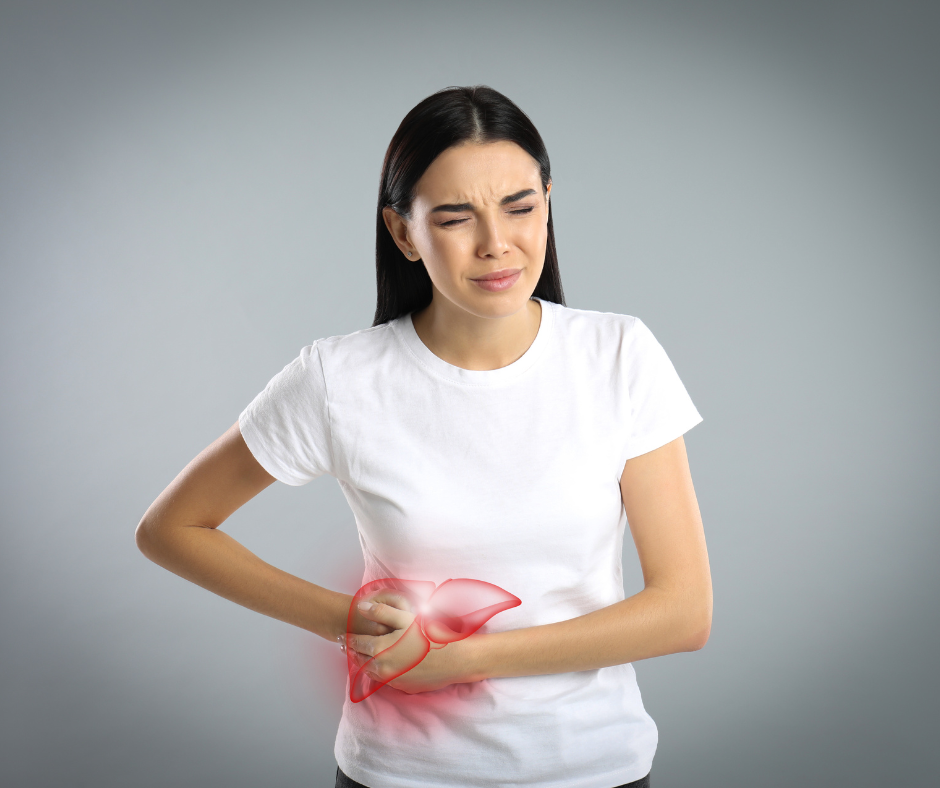Chronic pain, a condition lasting weeks, months, or even years, can arise from various sources like injuries, arthritis, or nerve damage. But its impact goes beyond the physical—it profoundly affects mental health. The link between chronic pain and mental health forms a vicious cycle, where each condition worsens the other, making it challenging to escape.
The Pain Cycle: How Chronic Pain Impacts Mental Health
Chronic pain disrupts daily life, impairing sleep, motivation, and overall well-being. Over time, these interruptions can lead to fatigue, frustration, and a sense of hopelessness that often spirals into anxiety and depression. Research shows that individuals with chronic pain are far more likely to experience depression than those without, as both conditions share neurological pathways involving serotonin and norepinephrine—key neurotransmitters in regulating mood.
How Depression Intensifies Chronic Pain
While chronic pain can trigger depression, depression itself heightens the experience of pain. People with depression often report hyperalgesia, a heightened sensitivity to pain, where even mild discomfort feels overwhelming. This negative feedback loop intensifies both conditions, making each harder to treat and extending the road to recovery.
Managing the Pain-Mental Health Cycle
Breaking the chronic pain and mental health cycle requires a holistic approach. Effective treatment often combines medications, physical therapy, and alternative options like acupuncture or massage. In some cases, surgery may be necessary. Psychological support, especially cognitive-behavioral therapy (CBT), helps individuals reframe their pain experience and develop healthier coping strategies.
Medication, such as antidepressants or anti-anxiety drugs, can be essential in regulating mood and improving sleep. Lifestyle changes, including regular exercise, a balanced diet, and proper sleep hygiene, also contribute to both mental and physical well-being. Low-impact activities like walking or swimming can release endorphins, natural pain relievers that simultaneously enhance mood and health.
Regaining Control Through a Comprehensive Approach
Chronic pain and mental health are inextricably linked, creating a challenging cycle to break. However, with a balanced combination of pain management, psychological support, and lifestyle adjustments, individuals can reclaim control over their lives. Addressing both physical and emotional aspects of chronic pain can significantly reduce its impact, fostering improved well-being and a renewed sense of hope.



